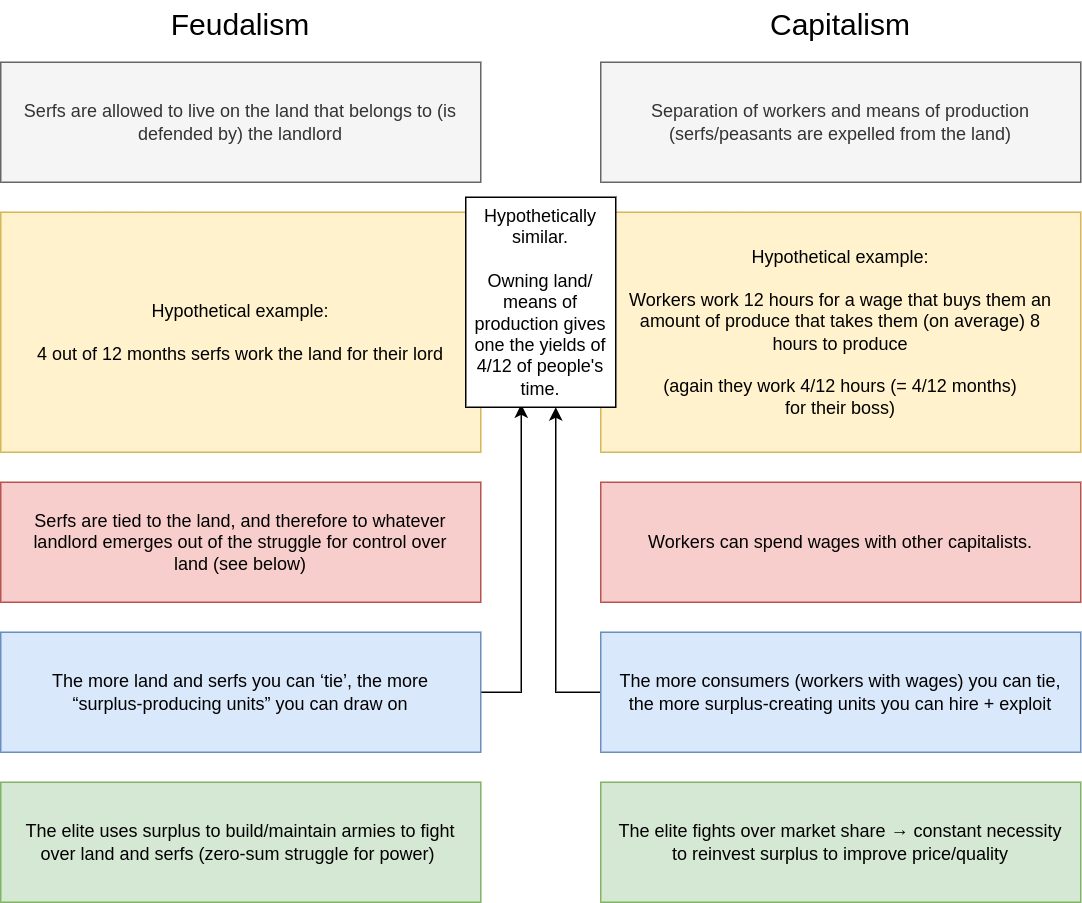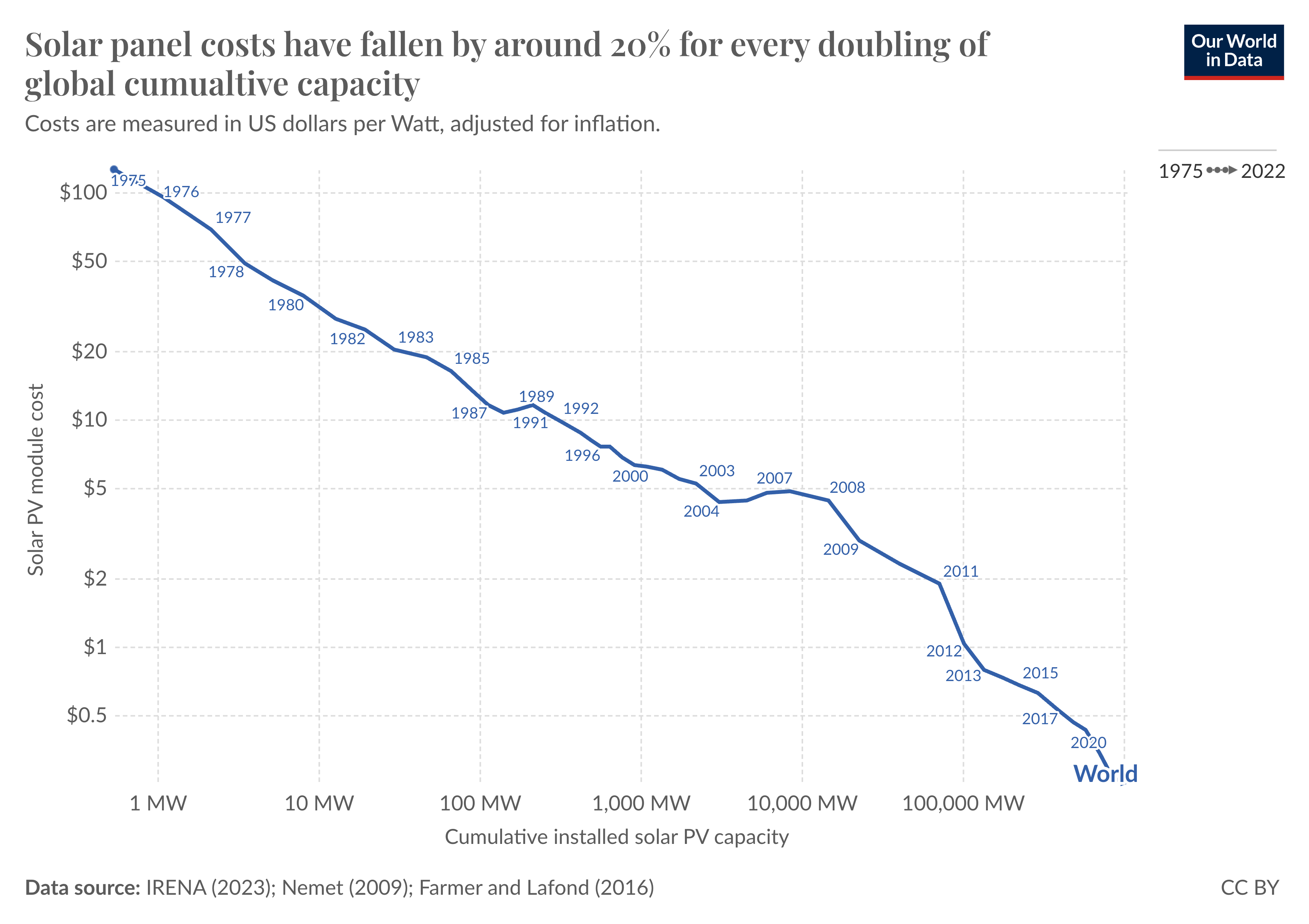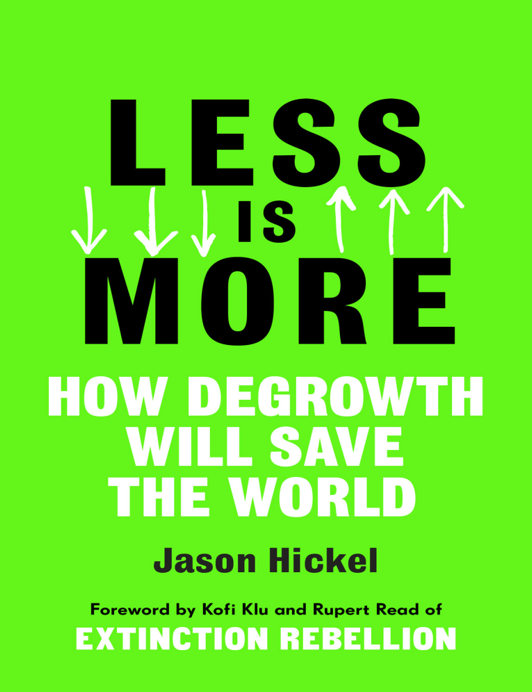Intro to Climate and Sustainability
Sustainability and colonialism
Misha Velthuis
m.velthuis@uva.nl
Mon 4 Nov 2024
Last time: what is captitalism?

Why are people in favour of capitalism?
Capitalism: freedom for workers and consumers

Capitalism: elites fight over market share

Capitalism: systemic imperative to increase productivity

Historical materialism

Ecomodernists: the state can change the landscape

If we only internalize the externalities…

Why are people against capitalism?
Because we are rolling towards the abyss
and we won't be able to stop

Capitalism is not just minimizing cost
it's also maximizing exploitation


Violent pursuit of cheap labour and cheap resources
 Colonialism
Colonialism
 Neocolonialism
Neocolonialism
Mother of all collective action problems


The outcome:
Perpetual growth,
interspersed with crises

Collective action problem among capitalists

People with power
have the power
to prevent people
from taking away their power

Where will the necessary
collective action emerge?
Right wing backlash in the face of credible threats of
collective action?


After the reading week
Decolonization
Open session?
The monsters underneath capitalism:
Colonialism,
extractivism
and the modern divide.
Dangers of anti-capitalism
Degrowth
Proposals?
Sources of hope?
The monsters underneath capitalism
Colonialism-Extractivism

Remember: ideas are both product and cause

Remember: certain ideas fit certain interests
Who benefits from the idea that …
… ethical behaviour is self-defeating?
… people are ultimately self-interested *ssholes?
… it does not matter that much if the allocation is just, as long as the allocation happens?
… the only choice we have is full collectivization or full privatization
What ideas justify this?

Hickel and Klein


The modern mindset
What truly acts?


Human
Nature
Man
Woman
Colonizer
Colonized
Sounds familiar?


Providing comfort to those with power

Marxists: this is simply capitalism
rolling down the cost landscape


Extractivism

Francis Bacon
If the modern-day extractive economy has a patron saint, the honor should probably go to Francis Bacon. The English philosopher, scientist, and statesman is credited with convincing Britain’s elites to abandon, once and for all, pagan notions of the earth as a life- giving mother figure to whom we owe respect and reverence (and more than a little fear) and accept the role as her dungeon master. “For you have but to follow and as it were hound nature in her wanderings,” Bacon wrote in De Augmentis Scientiarum in 1623, “and you will be able, when you like, to lead and drive her afterwards to the same place again.… Neither ought a man to make scruple of entering and penetrating into these holes and corners, when the inquisition of truth is his sole object.” (Not surprisingly, feminist scholars have filled volumes analyzing the ex–Lord Chancellor’s metaphor choices.)
Nauru
View Larger Map
Extractivism is not necessarily western (anymore?)
"Meanwhile, decades of easy money had taken a predictable toll on Nauruans’ life and culture. Politics was rife with corruption, drunk driving was a leading cause of death, average life expectancy was dismally low, and Nauru earned the dubious honor of being featured on a U.S. news show as “the fattest place on Earth” (half the adult population suffers from type 2 diabetes, the result of a diet comprised almost exclusively of imported processed food)" (Klein, 30%)
Not necessarily capitalist
Authoritarian socialism and capitalism share strong tendencies toward centralizing (one in the hands of the state, the other in the hands of corporations). They also both keep their respective systems going through ruthless expansion —whether through production for production’s sake, in the case of Soviet-era socialism, or consumption for consumption’s sake, in the case of consumer capitalism. (Klein, 33%)
How to avoid the mother
of all collective action problems?
Listen to us
"What you are afraid of
already happened to us"

(true) knowledge is (true) power
